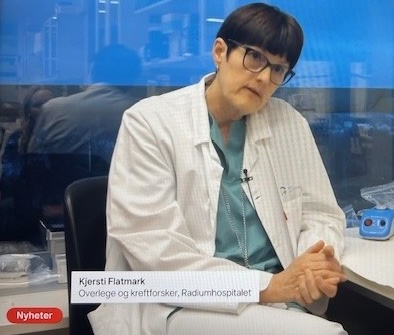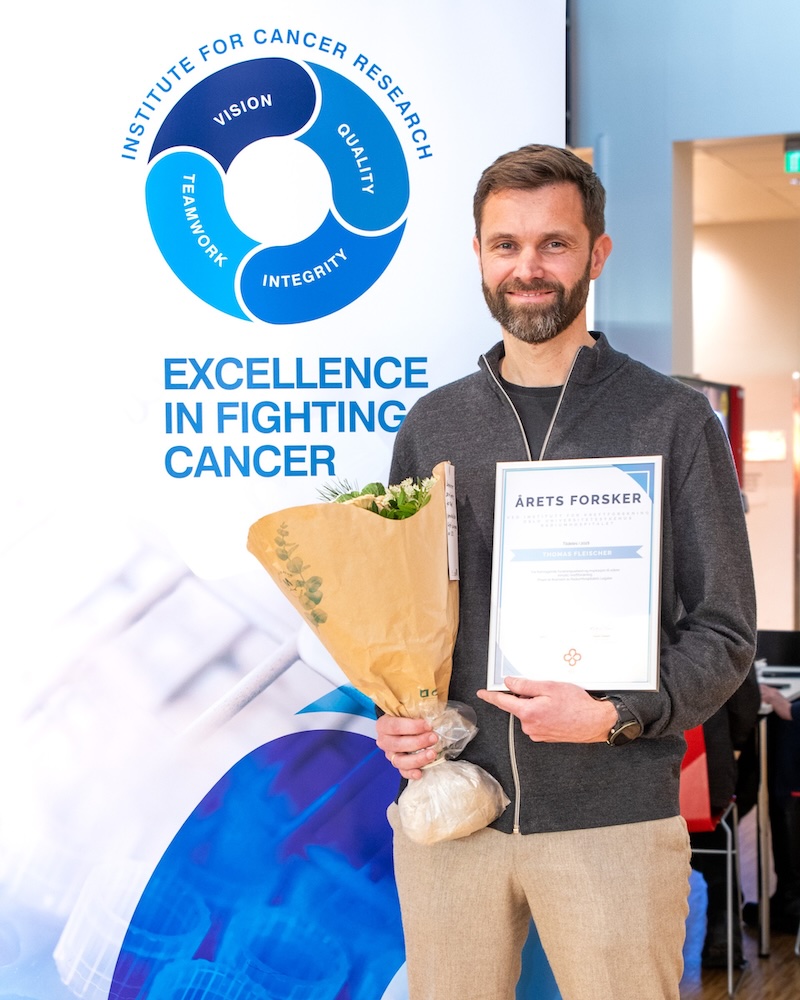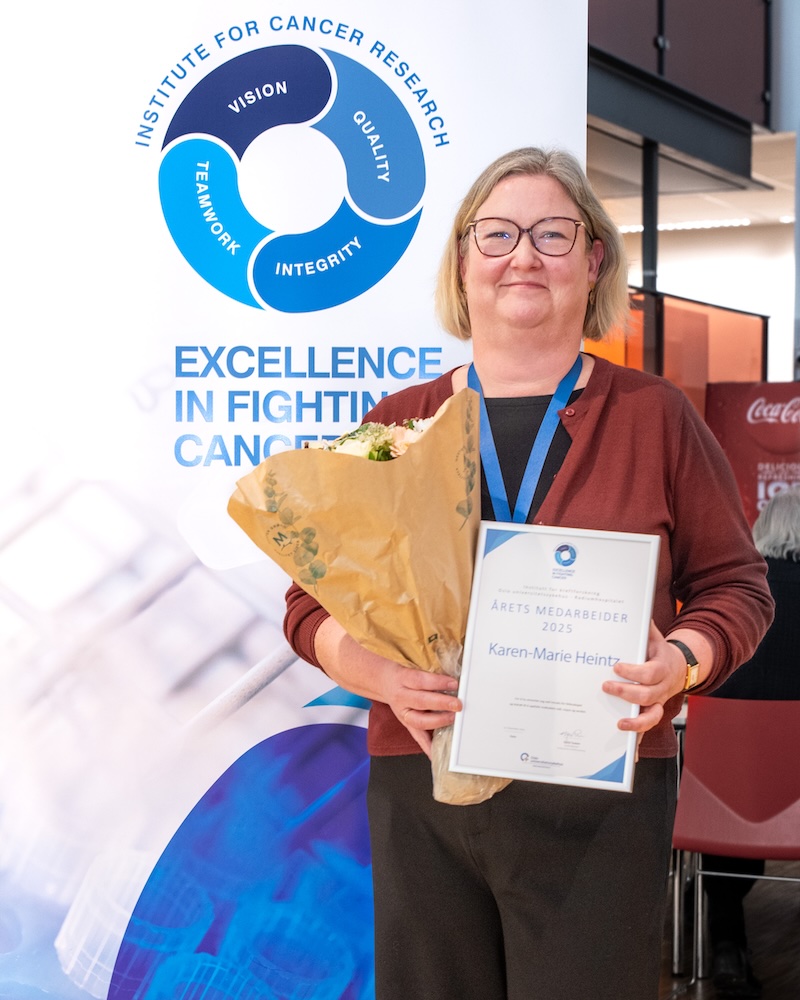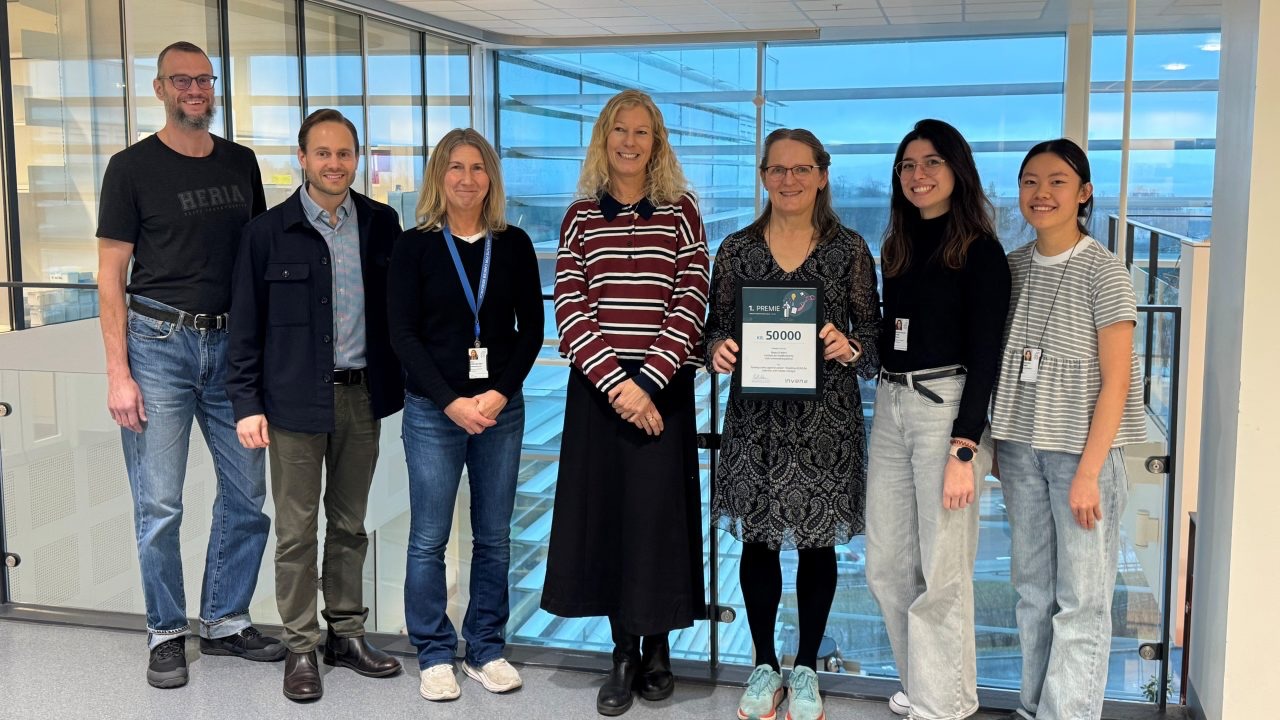20 January 2026 Webinar: Predi-Lynch Round

On 20 January 2026, from 4:00 to 5:00 PM (CET), Predi-Lynch will host its first public Predi-Lynch Round, an online webinar organised by UDGA and UGR, focused on key challenges in oncology clinical research and ethics.
The session will open with a short introduction by Mev Dominguez-Valentin and will feature two expert presentations. Isabel Briz Hernandez will explore inclusive representation in oncology clinical trials, addressing systemic and cultural barriers to equitable participation. Nourredine Ait Rahmoune will present the Predi-Lynch clinical trial protocol, with a focus on ethical considerations.
The webinar will conclude with a live Q&A, creating space for discussion and exchange among participants.




